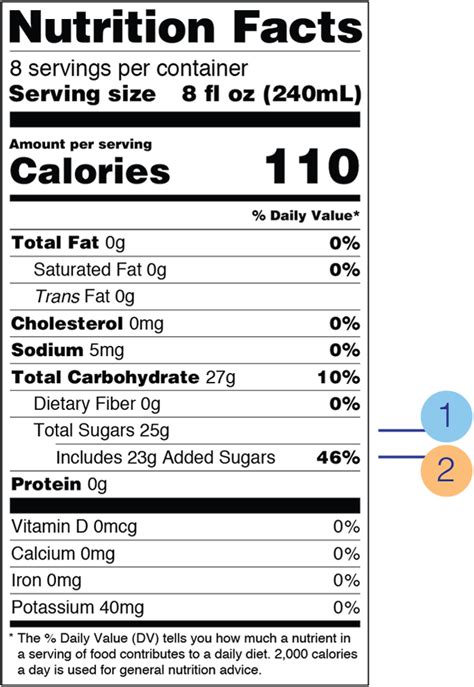Brown sugar, a staple in many households, is often considered a healthier alternative to white sugar due to its rich flavor and color. However, is it truly a better choice? To understand the nutritional value of brown sugar, let's delve into its composition and explore the brown sugar nutrition facts per tablespoon.
What is Brown Sugar?
Brown sugar is a type of sugar that is made by adding molasses, a thick, dark liquid, to refined sugar. The molasses is derived from either sugarcane or sugar beets and is responsible for the distinct flavor and color of brown sugar. There are two main types of brown sugar: light brown sugar and dark brown sugar. The difference between the two lies in the amount of molasses added, with dark brown sugar containing more molasses than light brown sugar.

Calories in Brown Sugar
According to the United States Department of Agriculture (USDA), one tablespoon of brown sugar contains approximately 64 calories. This is slightly lower than the 67 calories found in one tablespoon of white sugar. However, it's essential to note that both types of sugar are high in empty calories, providing little to no nutritional value.
Brown Sugar Nutrition Facts Per Tablespoon
Here is a breakdown of the nutritional content of one tablespoon of brown sugar:
- Calories: 64
- Carbohydrates: 17g
- Sugars: 17g
- Fiber: 0g
- Protein: 0g
- Fat: 0g
- Sodium: 0mg
- Potassium: 1mg
- Iron: 0.1mg
- Calcium: 1mg
As you can see, brown sugar is primarily composed of carbohydrates and sugars, with negligible amounts of fiber, protein, and healthy fats. The small amount of potassium and calcium present in brown sugar is not sufficient to make a significant impact on overall health.

Health Effects of Consuming Brown Sugar
Consuming high amounts of brown sugar, like any other type of sugar, can have negative health effects. Some of these effects include:
- Weight gain and obesity
- Increased risk of developing type 2 diabetes
- Higher risk of heart disease and stroke
- Negative impact on dental health
- Energy crashes and mood swings
It's essential to consume brown sugar in moderation as part of a balanced diet. The American Heart Association recommends that women limit their daily sugar intake to 25 grams (6 teaspoons) and men limit their intake to 36 grams (9 teaspoons).
Alternatives to Brown Sugar
If you're looking to reduce your sugar intake or try alternative sweeteners, consider the following options:
- Honey: A natural sweetener rich in antioxidants and minerals
- Maple syrup: A natural sweetener made from the sap of maple trees
- Coconut sugar: A low-glycemic sweetener made from the sap of coconut trees
- Stevia: A natural sweetener derived from the Stevia rebaudiana plant

Conclusion
While brown sugar may be considered a better choice than white sugar due to its rich flavor and color, it's essential to remember that it is still a type of sugar. Consuming high amounts of brown sugar can have negative health effects, and it's crucial to consume it in moderation as part of a balanced diet. By understanding the brown sugar nutrition facts per tablespoon and exploring alternative sweeteners, you can make informed choices about your sugar intake and maintain a healthy lifestyle.
Gallery of Brown Sugar Nutrition Facts






Is brown sugar better for you than white sugar?
+Brown sugar is not significantly better for you than white sugar. While it may contain more minerals and antioxidants due to the molasses content, it is still high in empty calories and sugars.
How much brown sugar can I consume daily?
+The American Heart Association recommends that women limit their daily sugar intake to 25 grams (6 teaspoons) and men limit their intake to 36 grams (9 teaspoons).
What are some alternatives to brown sugar?
+Some alternatives to brown sugar include honey, maple syrup, coconut sugar, and stevia.
